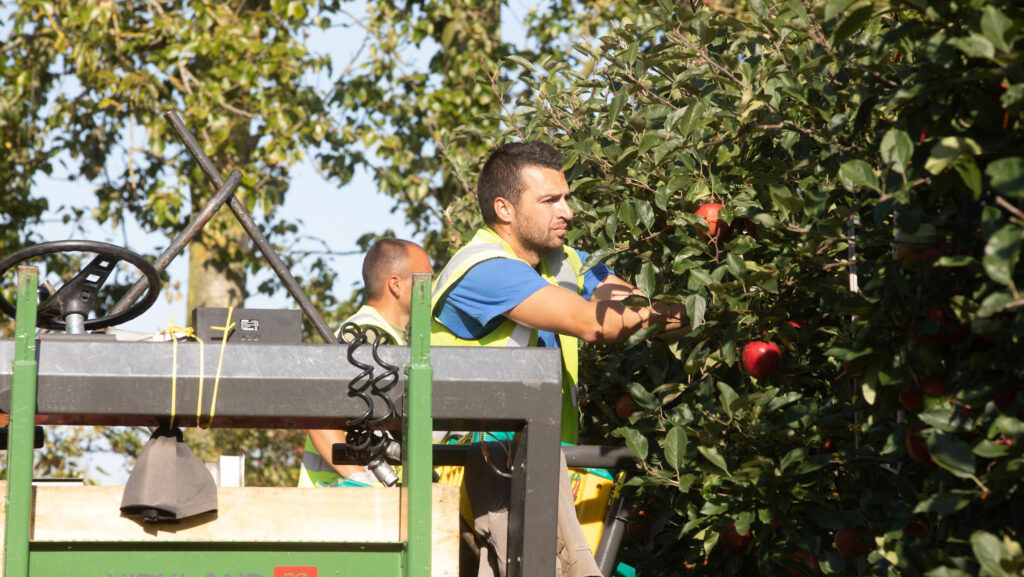Minimum wage hike to £12.21 causes trouble for growers
 © Tim Scrivener
© Tim Scrivener The government has confirmed it will increase the national living wage by 6.7% to £12.21 from 1 April 2025.
Workers aged 21 and over must be paid at least the living wage.
This latest increase means the national living wage (NLW) has increased by almost 40% between 2021 and 2025.
The chancellor said this represents an increase of more than £1,400 for each full-time worker.
See also: Horticulture sector dismayed by cuts to migrant worker visas
A sharp rise in the minimum wage for 18- to 20-year-olds to £10 an hour and an 18% increase in apprenticeship rates to £7.55 from next April, will also have an impact.
Jack Ward, chief executive of the British Growers’ Association, said it would load a lot of cost onto the fresh produce industry, where labour can be up to 50% or 60% of the cost for some crops.
He said the increase will mean employers will end up having to lift pay for the entire workforce, with pay differentials often based on the lowest paid.
“Growers will be looking to see how these costs can be shared across the supply chain because there isn’t sufficient margin within the production process alone to absorb those costs.”
This sentiment was echoed by Ali Capper, grower and chairman of trade body British Apples and Pears, who told Farmers Weekly that the 6.7% rise on what represents between 40% and 70% of turnover for growers was very significant and was more than the sector was anticipating.
Changes to national insurance (NI)
Employers will be required to pay a higher rate of NI contributions of 15% from April next year, which represents an increase of 1.2 percentage points.
The annual threshold has also been lowered from £9,100 to £5,000 for each employee.
Rupert Harlow, marketing manager at farm business data and analytics company Yagro, said the budget highlighted the importance of accurate farm-level budgeting, with rises in minimum wage, increased NI payments and the lower threshold.
However, small businesses will receive an employment allowance of £10,500.
The Treasury’s Autumn Budget report states that, as a result, 865,000 employers will pay no NI contributions next year.
Jeremy Moody, secretary for the Central Association of Agricultural Valuers (CAAV), said: “It will be more expensive to employ staff, but the increased employment allowance [from £5,000 to £10,500] will ease that for most farms.
“But this will be an issue for many dairy, horticulture, pig and poultry farms with their with greater labour.
“The whole package will bear on the overall food chain.”
Fuel duty freeze
One measure in the Budget that has been more widely welcomed by industry is a freeze for fuel duty for a further 12 months until March 2026.
